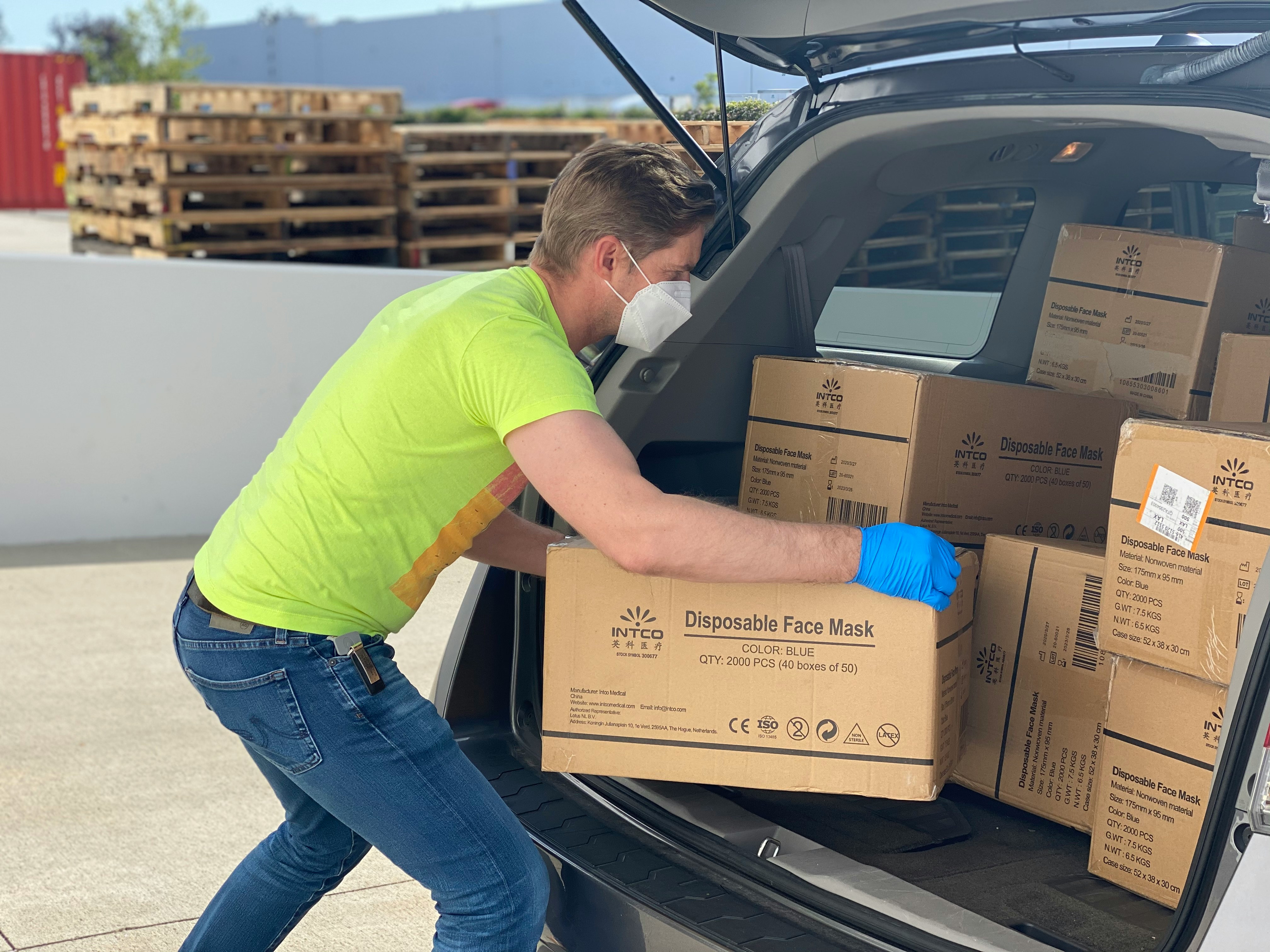
How to Find Local Volunteer Opportunities That Match Your Skills
Giving back to your community brings a sense of purpose and allows you to make a difference where it matters most. Whether you enjoy organizing events, crafting compelling fundraising messages, or coaching young people, you can connect your unique abilities to causes that need support. This guide outlines practical steps to help you discover local volunteer opportunities that match your interests and skills, making it easy to get involved in projects you find rewarding. By taking these steps, you can build stronger connections, contribute your time and talents, and experience the personal fulfillment that comes from helping others.
By planning a clear approach, you’ll save time, connect with organizations that share your values, and start making a difference before you know it. Ready to uncover your perfect volunteer match?
Assess Your Skills and Interests
Identify what you offer and what energizes you. When you align your talents with local causes, you’ll stay motivated and build real expertise in a setting that matters.
- List what you do well. Think about past jobs, hobbies, or school projects. Did you excel at planning events, teaching others, or handling social media?
- Match tasks to causes. If you love creative writing, consider local newsletters for community centers. If you thrive in fast-paced settings, explore disaster relief groups seeking logistics help.
- Prioritize your passions. Maybe environmental cleanup or arts education lights you up more than anything else. Focus first on roles that feed your enthusiasm.
- Set realistic time frames. Decide whether you can commit to a weekly shift, weekend events only, or project-based work. Clarity on availability keeps both you and the organization happy.
After you complete your list, you’ll see patterns emerge. These patterns lead directly to volunteer roles where you can shine.
Research Local Organizations
Once you know what you bring, explore nearby nonprofits, schools, and community centers that benefit from your skill set. Visit their websites, social media pages, and local bulletin boards.
Look for names that appear in community newsletters or neighborhood Facebook groups. Note whether they have clear volunteer guidelines and contact information—signs they welcome new helpers regularly.
Call or email to ask about current needs and upcoming projects. Prepare a brief introduction: explain your skills, availability, and what you hope to accomplish. This proactive approach shows you’re serious and eager to contribute.
As you talk with coordinators, jot down any special requirements like background checks, training sessions, or required equipment. Gathering this information early saves surprises later.
Connect Through Online Platforms
Use popular volunteer-matching websites to cast a wider net. These tools filter opportunities by role type, cause area, and schedule. Check out:
- VolunteerMatch for thousands of listings that update daily.
- Idealist for nonprofit roles, internships, and short-term events.
- Local volunteer portals maintained by city or county governments.
- Specialized forums for environmental groups, veteran services, or animal shelters.
Bookmark roles that fit your assessment. Send applications or inquiries right away to avoid missing spots that fill fast. Enthusiasm often ranks higher than perfect experience.
Some platforms let you set up alerts for new listings matching your keywords. That way, you’ll hear about fresh opportunities without checking constantly.
Attend Community Events
Open houses, neighborhood fairs, and charity fundraisers bring together multiple organizations under one roof. Walk through vendor booths and talk to representatives about ways you can chip in.
Carry business cards or a simple resume with your volunteer experience highlighted. Face-to-face conversations help you stand out and let you clarify any questions on the spot.
If an event asks for volunteers to help set up, greet guests, or manage registration, sign up on the spot. That snapshot of direct involvement often leads to longer-term roles.
Walking away with real connections makes it easier to follow up later and shows you take the cause seriously.
Prepare and Apply
Once you pinpoint a few roles you like, craft a focused volunteer resume or summary letter. Highlight exactly how you’ve used your skills in the past and what results you achieved. For example, note if you coordinated a team of five for a school fundraiser that raised $2,000.
Attach any certifications—CPR, language proficiency, or graphic design courses—to stand out. Organizations value proof that you can jump in immediately.
Follow the organization’s instructions when submitting your application. If they ask for a form, complete every field honestly. If they want a brief email, keep it under three short paragraphs: your background, why you’re applying, and how much time you can give.
Proofread carefully, then send. A polished application reflects the care you’ll bring to the role.
Follow Up and Get Started
If you haven’t heard back in a week, send a friendly email or make a quick call. Mention your application date, remind them of your eagerness, and ask if they need more information. This small nudge keeps your name top of mind.
Once they accept your application, read any training materials in advance and ask about orientation sessions. Showing up prepared builds trust and helps coordinators focus on more urgent tasks.
Set clear goals for your first month: attend specific events, complete certain hours, or shadow a staff member. Goals help you track progress and feel accomplished.
Stay open to feedback and be ready to shift tasks if needs change. Flexibility shows your commitment and makes you a valuable team member.
Start volunteering locally to make a meaningful difference. Reach out, get involved, and enjoy the positive impact you create.